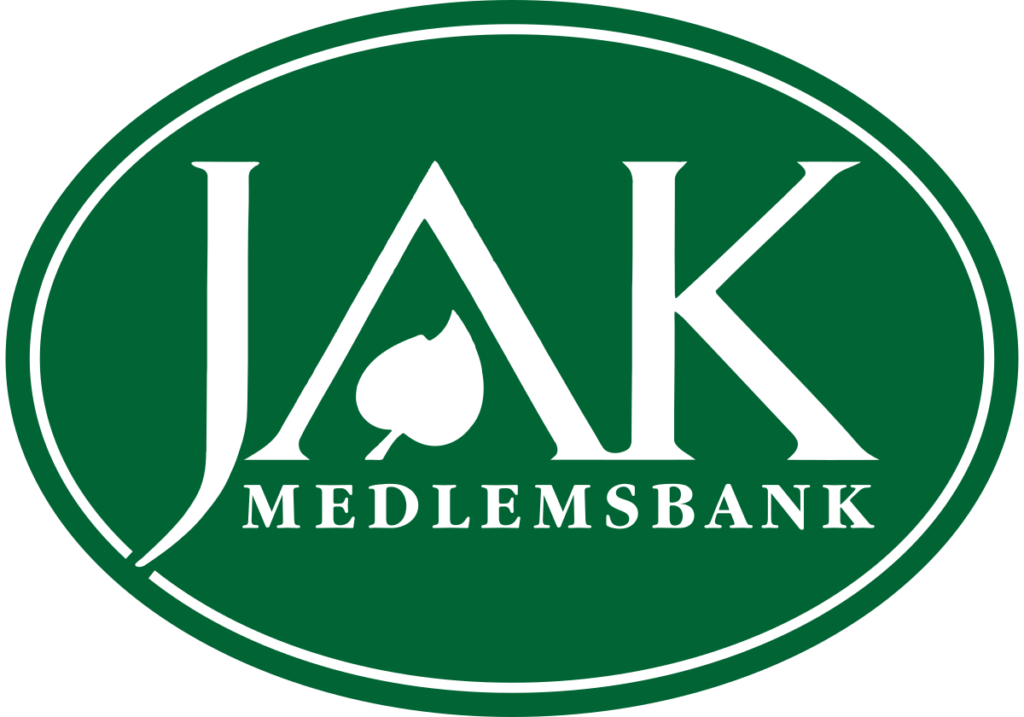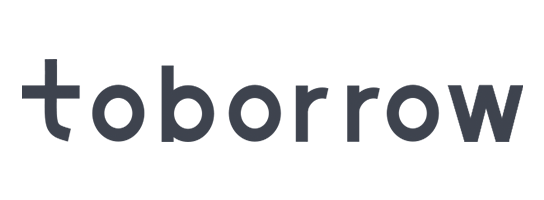JAK Medlemsbank
Overall Rating:
Discover JAK Medlemsbank’s unique approach to banking, including interest-free loans, services, and customer experience in this detailed review.
Overview
JAK Medlemsbank is a Swedish cooperative bank that operates on a unique, non-profit model with a focus on sustainability and financial fairness. Founded in 1965, the bank's core philosophy revolves around offering interest-free loans to its members. JAK Medlemsbank's mission is to promote economic equality by providing an alternative to traditional banking, where interest can often lead to financial inequalities. Instead of charging interest, the bank focuses on a cooperative model where members contribute savings points in exchange for loans.
The bank is entirely member-owned, meaning that profits are reinvested into the organization rather than distributed to shareholders. This structure allows JAK to focus on community-based, long-term financial well-being rather than short-term profits. JAK Medlemsbank operates primarily in Sweden and is highly regarded by those looking for an ethical and sustainable banking option that prioritizes member welfare over profit.

Services Offered by JAK Medlemsbank
Customer Service
JAK Medlemsbank offers customer service through various channels, including phone, email, and an online portal. Since the bank operates primarily online, members can access their accounts and manage their finances digitally. The bank also offers personal service at its head office in Skövde, Sweden, where members can receive in-person assistance.
Customer service at JAK Medlemsbank is known for being personalized and member-focused, as the cooperative structure emphasizes a close relationship between the bank and its members. The bank’s support team is helpful and dedicated to ensuring members understand the unique aspects of JAK’s financial model.
Digital Services
JAK Medlemsbank operates a modern digital platform that allows members to manage their accounts, apply for loans, and track their savings points. While the platform is functional, it is not as advanced or feature-rich as some larger commercial banks. However, for members looking for basic banking services and management of their interest-free loans, it is effective and secure.
The bank prioritizes data security, with strong encryption and authentication measures in place to protect members’ financial information. The digital platform also allows members to monitor their savings points, which play a crucial role in JAK’s unique lending system.
Savings Accounts
JAK Medlemsbank’s savings accounts work differently from traditional savings accounts. Instead of earning interest, members accumulate savings points based on the amount of money they save and how long it remains in the account. These points can then be used to qualify for interest-free loans in the future. The longer members save, the more savings points they accumulate, which increases their borrowing power.
This savings model encourages long-term financial planning and discourages the accumulation of debt through interest. Members are encouraged to save and lend within the cooperative, supporting a system that promotes collective financial well-being.
Education and Community Initiatives
One of JAK Medlemsbank’s most unique aspects is its commitment to financial education and community initiatives. The bank regularly holds workshops and seminars on sustainable finance, responsible lending, and personal budgeting. These initiatives are aimed at empowering members to take control of their finances and make informed decisions.
JAK’s educational programs are an integral part of its mission to promote economic equality. By offering these resources, the bank helps members become more financially literate, fostering a more informed and responsible community.
Loan Offers
Interest-Free Loans
The cornerstone of JAK Medlemsbank’s offering is its interest-free loans. Instead of charging interest, the bank requires members to accumulate savings points, which determine their eligibility for loans. Members must also contribute to the bank’s operational costs through a loan fee, which is used to cover administrative expenses, but this fee is transparent and much lower than the typical costs associated with interest on loans.
Loan terms are flexible, and the repayment period can be adjusted to fit the borrower’s financial situation. Since the loans are interest-free, members only pay back the principal amount plus the loan fee, making it an attractive option for those who want to avoid the burden of interest.
Secured and Unsecured Loans
JAK Medlemsbank offers both secured and unsecured loans. Secured loans typically require collateral, such as property or other valuable assets, while unsecured loans do not. The bank’s lending process is member-focused, and the terms are based on individual financial circumstances and the amount of savings points accumulated.
Since JAK’s lending model is based on savings points, members need to plan their borrowing in advance, ensuring they have accumulated enough points to qualify for the loan they need. This system encourages responsible borrowing and long-term financial planning.
Social Lending
Another unique feature of JAK Medlemsbank is its focus on social lending. The bank encourages lending practices that promote sustainable development and community well-being. Members can participate in lending programs that support social initiatives, such as housing cooperatives or renewable energy projects, aligning with JAK’s mission of promoting economic justice and sustainability.
This community-driven approach makes JAK Medlemsbank a popular choice for those who are interested in ethical banking and want to contribute to positive social change.
Conclusion
JAK Medlemsbank is a unique and ethical alternative to traditional banking. With its focus on interest-free loans, sustainable finance, and member-driven operations, it appeals to those who prioritize community, equality, and long-term financial health. The bank’s model encourages savings and responsible borrowing, making it a good fit for individuals looking to avoid interest and contribute to a cooperative financial system.
While JAK’s services may not be as broad or technologically advanced as larger banks, its commitment to fairness and sustainability sets it apart. For those who are seeking a bank that aligns with their values and offers a transparent, interest-free approach to finance, JAK Medlemsbank is an excellent choice.
JAK Medlemsbank Advantages
Interest-free loans based on savings points.
Strong focus on sustainability and ethical banking.
Personalized and community-driven financial education programs.
JAK Medlemsbank Disadvantages
Limited range of financial products compared to traditional banks.
Digital services are functional but not as advanced.
Loan eligibility requires accumulated savings points, which may require long-term planning.
JAK Medlemsbank Historic Interest Rates
Alternative Banking Solutions
Frequently Asked Questions
JAK Medlemsbank is a Swedish cooperative bank that offers interest-free loans to its members. The bank operates on a non-profit model focused on sustainability and economic equality.
Instead of charging interest, JAK Medlemsbank uses a system of savings points. Members accumulate points based on how much and how long they save, and these points determine their eligibility for loans.
JAK Medlemsbank offers both secured and unsecured loans, all of which are interest-free. Loan terms are flexible, and members pay a transparent loan fee to cover administrative costs.
Members accumulate savings points by saving money with the bank. These points increase a member's ability to borrow interest-free in the future.
JAK Medlemsbank operates primarily online, with a functional digital platform for managing accounts and applying for loans. However, it does not offer the same range of advanced features as some larger banks.
JAK Medlemsbank is committed to financial education and social lending. The bank offers workshops on sustainable finance and encourages lending practices that support social initiatives, such as housing cooperatives and renewable energy projects.

